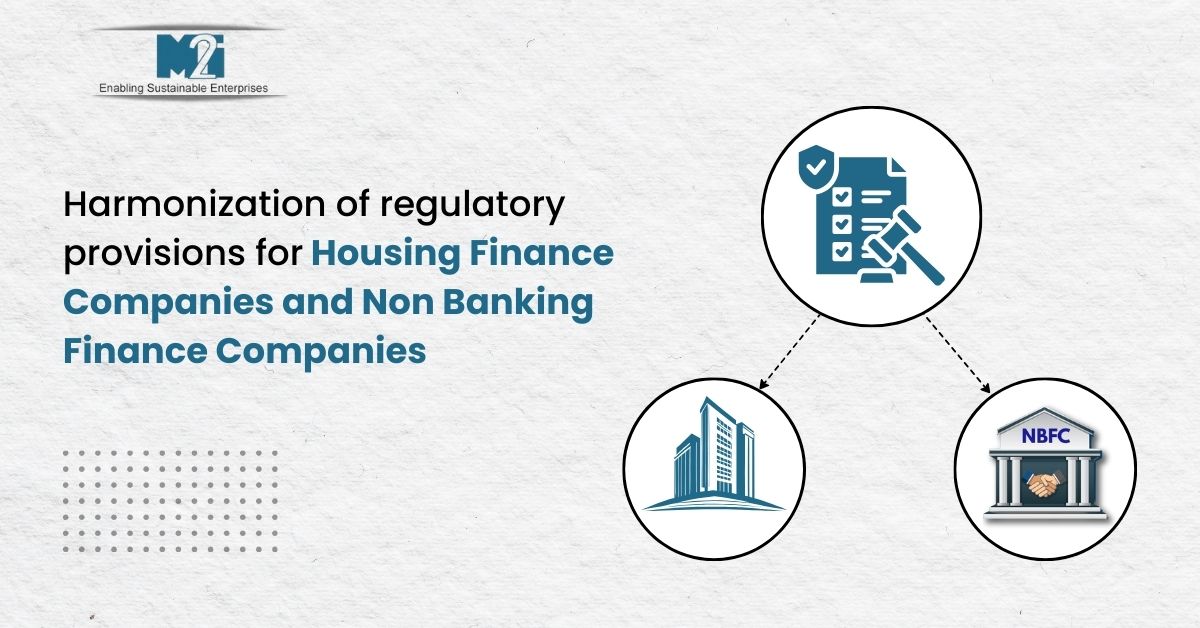
Harmonization of regulatory provisions for Housing Finance Companies and Non Banking Finance Companies
In a significant step towards regulatory harmonization, the Reserve Bank of India (RBI) announced a draft circular on January 15, aiming to align the regulations of Housing Finance Companies (HFCs) with those of Non-Banking Finance Companies (NBFCs). This move covers several critical areas, including minimum capital requirements and deposit-taking rules.
The central bank's review encompasses various aspects such as deposit directions for deposit-taking HFCs, their involvement in derivative products for hedging, diversification into other financial products, and the adoption of technical specifications under the Account Aggregator ecosystem.
One of the notable changes proposed in the draft is the imposition of stricter rules on HFCs, especially concerning public deposits. While HFCs currently enjoy more relaxed parameters in deposit acceptance compared to NBFCs, the RBI's proposal aims to bring them under a similar regulatory regime as that of deposit-taking NBFCs. This change is based on the understanding that the risks associated with deposit acceptance are consistent across all categories of NBFCs.
The proposed adjustments don't stop there. Deposit-taking HFCs, which are currently required to maintain 13% of liquid assets against public deposits, will face a phased increase in this requirement. The RBI plans to raise this to 14% by September 30, 2024, and subsequently to 15% by March 31, 2025. Additionally, the regulations concerning the safe custody of liquid assets for HFCs will be realigned to match those of NBFCs.
These revisions, as stated by the RBI, are integral to the broader goal of further harmonizing the regulations of HFCs with NBFCs. This step reflects the RBI's continuous effort to strengthen the financial sector by ensuring a more uniform and robust regulatory framework. The impact of these changes is expected to enhance the stability and efficiency of the financial system, particularly in the housing finance sector.
As the financial landscape continues to evolve, such regulatory updates are crucial in maintaining a balanced and secure environment for both financial institutions and their customers. The RBI's initiative is a welcome move in this direction, reflecting its commitment to safeguarding the interests of depositors while promoting healthy competition among financial entities.